Graduate Assistant, Region IV Public Health Training Center
Category : Student Opportunities
Description
The Region IV Public Health Training Center (R-IV PHTC), funded by the Health Resources and Services Administration (HRSA), has an opening for a graduate assistant. The mission of the R-IV PHTC is to build the capacity of the current and future public health workforce to protect and promote the health of communities in the Southeastern United States. The Center provides professional development for the current workforce, experiential learning (field placements*) for the future workforce, and consulting and technical assistance for health departments. While the R-IV PHTC offers student field placements with other agencies, *this position would be working as a graduate assistant with the R-IV PHTC team at the Emory RSPH.
The selected graduate assistant will assist the R-IV PHTC team (including staff working on training, needs assessments, field placements, communications, evaluation, and reports) with the management of the R-IV PHTC’s programs. Specific tasks may include, but are not limited to, assisting with:
- Data collection and management
- Environmental scans of trainings and other resources
- Preparation and implementation of trainings
- Summary reports of training and field placement evaluations
- Communications efforts such as newsletter, social media, or e-blasts
- Cataloging and quality assurance of trainings on website and learning management system
Interested students should apply as soon as possible, as applications are reviewed and considered as they are received. Please apply by sending your cover letter, resume, and writing sample directly to Laura Lloyd at lmlloyd [at] emory [dot] edu.
Salary Level: $15.00 per hour
Approximate Hours per Week: 15-20
Note: The R-IV Public Health Training Center is a federally-funded program which has a citizenship requirement. To be eligible to apply for this position, you must be either a U.S. citizen, a non-citizen U.S. national, or a foreign national having in your possession a visa permitting permanent residence in the U.S.
Qualifications
The ideal candidate will be a 1st year MPH student with a REAL Award willing to start the position in spring 2023 and continue through the 2023-2024 academic year. Candidates should have excellent organizational and communication skills, including both oral and written skills. Candidates must also have excellent computer skills, specifically in Microsoft Word, PowerPoint, Excel, and Google Apps. Experience with Survey Monkey, WordPress, Mail Chimp, Canva and Learning Management Systems would also be helpful.
Location
Grace Crum Rollins Bldg., RSPH, Atlanta, Georgia
Contact Information
Laura M. Lloyd, MPH, MCHES®
Region IV Public Health Training Center
Emory University – Rollins School of Public Health
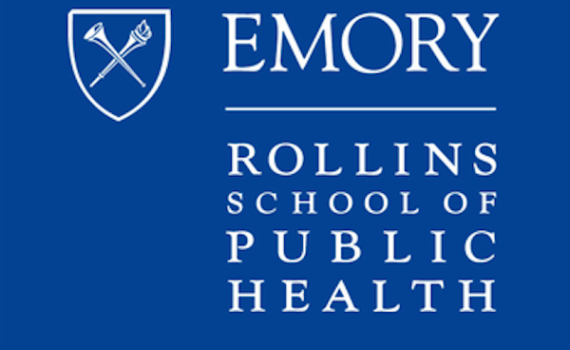
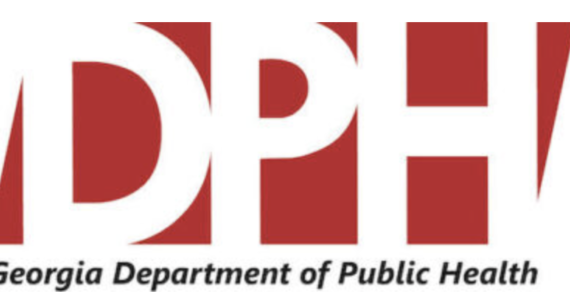
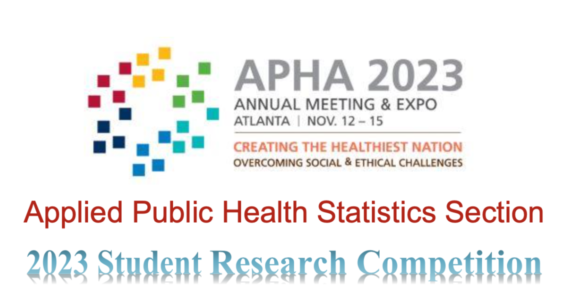


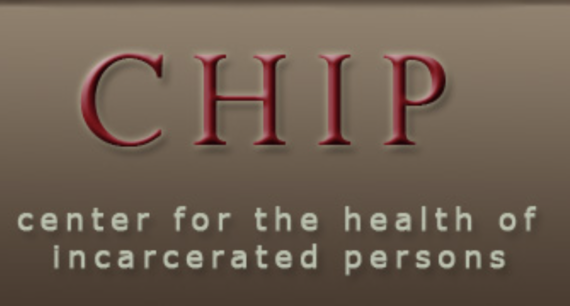

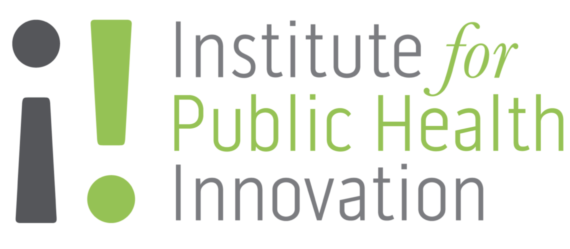
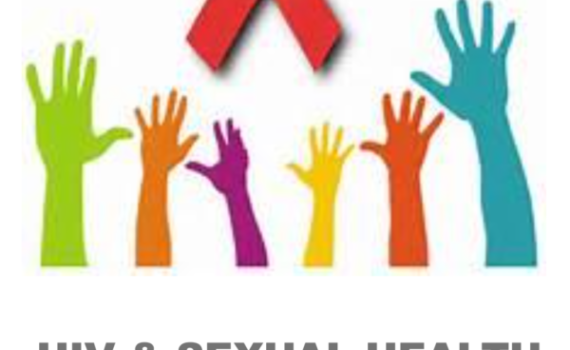
Recent Comments